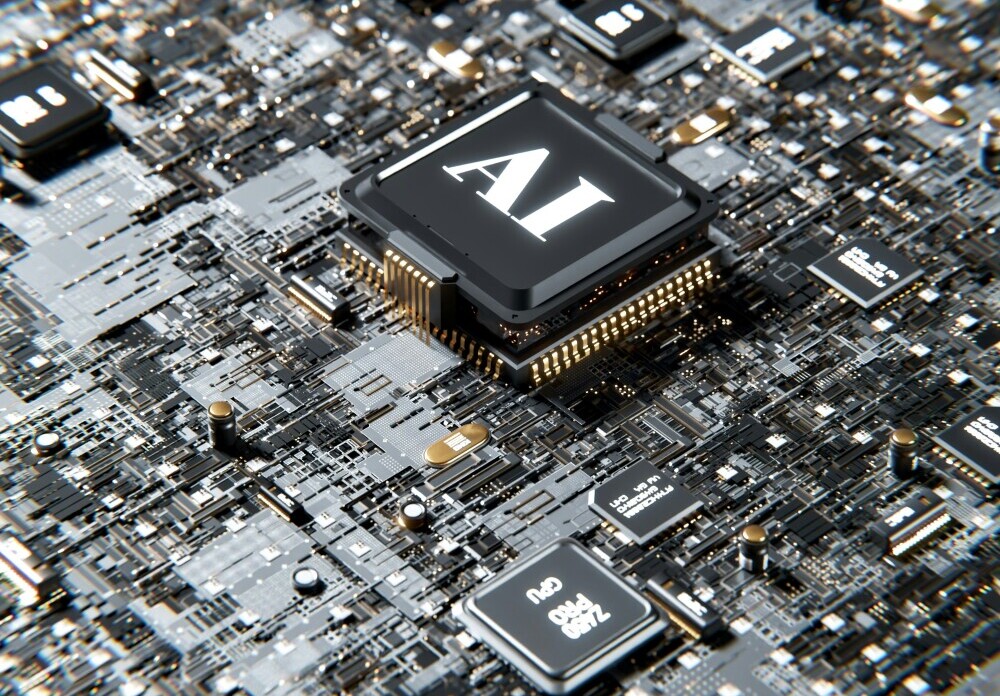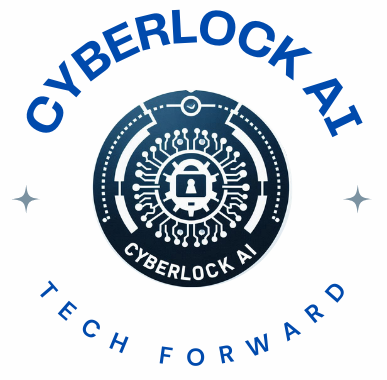 These days, the buzz around AI-powered hardware is impossible to ignore. It’s like we’ve hit the fast-forward button on tech evolution, with AI taking the wheel. Just think about how everything started—AI was more of a futuristic dream than a practical reality. But as tech evolved, especially in computing, AI began shaping up into a powerful force.
These days, the buzz around AI-powered hardware is impossible to ignore. It’s like we’ve hit the fast-forward button on tech evolution, with AI taking the wheel. Just think about how everything started—AI was more of a futuristic dream than a practical reality. But as tech evolved, especially in computing, AI began shaping up into a powerful force.
AI PCs and custom chips are at the core of this revolution, shaking up the scene in ways many didn’t see coming. Industries across the board, from healthcare to finance, are getting in on the action, transforming how they operate. AI is stepping into gaming with a flair that’s impossible to miss. Imagine seamless processing, enhanced graphics, and AI-driven bots that make gameplay thrillingly unpredictable.
Beyond gaming, enterprise solutions and more are benefiting big time. Improved efficiency, smarter analytics, and more intuitive user interfaces are just a few ways AI-powered hardware is leaving its mark. If you’ve been following tech news, you know key investors and tech leaders see AI hardware as the next huge leap. These tech wizards are throwing resources and brainpower into crafting the next generation of intelligent machines.
Understanding the dramatic shift AI-powered hardware represents involves looking at both the opportunities and challenges it brings along. There’s a tech-savvy generation eager to innovate and explore the full potential of AI PCs and custom chips. And with heavyweights like Alphabet and Nvidia diving headfirst into developments, only an exciting ride ahead as we see where this tech journey takes us.
AI PCs: The New Age of Personal Computing
Imagine powering up your computer and having it learn about your habits, anticipate your needs, and optimize your experience. That’s the promise of AI PCs, marking a distinct departure from the traditional personal computers we’ve all grown accustomed to. These aren’t just upgraded versions; they represent a whole new way of interacting with technology.
AI PCs boast applications that benefit daily computing, making life a whole lot easier. Think virtual assistants that offer more personalized services or adaptive security measures that keep your data safe while adjusting to any threat quickly. These are more than just tools—they’re partners in boosting productivity.
The real-world advantages are vast. With the integration of AI, productivity software can predict what you’re going to do next, almost feeling like it’s reading your mind. Whether you’re writing a report, editing a video, or managing projects, AI can streamline your tasks, automating repetitive actions and providing smarter recommendations.
Manufacturing these AI PCs isn’t a walk in the park. With a slew of challenges like maintaining cost-effectiveness and ensuring user privacy, manufacturers are working on solutions. They’re navigating through technical and ethical landscapes to produce devices that promise reliability and advanced features, constantly innovating to meet consumer expectations and secure trust.
AI PCs are a glimpse into the future of personal computing, where machines learn, adapt, and become more than just passive devices. As tech enthusiasts and casual users alike look for smarter ways to interact with their digital worlds, AI PCs stand ready to bridge the gap between now and the future.
Custom AI Chips: The Heart of Modern Machines
At the core of today’s tech revolution lie custom AI chips, the unsung heroes driving the power and efficiency of AI technologies. Unlike traditional chips, these custom solutions are designed specifically for handling AI tasks, offering unprecedented efficiency and speed in processing complex computations.
The magic of custom AI chips lies in their ability to deliver immense processing power while consuming less energy. This efficiency plays a vital role, especially as tech industries push for more sustainable solutions. Each chip is crafted to tackle particular challenges AI applications face, facilitating faster data analysis, better machine learning, and more robust AI deployment.
Several power players have taken the spotlight in the race to perfect these chips. Names like Google with its TPU (Tensor Processing Unit) and Apple’s custom chips show how important this tech skirmish has become. These companies are investing heavily in research and innovation to push the envelope further. It’s a competition that spurs faster advances, bringing better products to market more rapidly.
Looking ahead, the scalability and innovation of custom AI chips promise a thrilling future. As these chips evolve, they’re anticipated to handle even more diversified tasks, offering potential solutions far beyond their original AI parameters. The evolving landscape means we’re on the verge of endless possibilities, with these chips poised to become essential components of our tech-driven lives.
While challenges exist—such as keeping fabrication costs down and ensuring widespread compatibility—the potential outweighs the hurdles. Indicating a robust future, custom AI chips are not just enhancing efficiency but also pushing the boundaries of what’s achievable with technology, propelling us into a new era of digital innovation.
Ethics and the Future: Guiding Principles for AI-Powered Hardware
AI-powered hardware is racing full throttle into the future, but there’s more to the excitement than just tech innovation—there are ethical considerations to weigh. How we navigate these innovations today could set a precedent for how technology evolves in harmony with society.
Developers are faced with tricky decisions about maintaining fairness and preventing bias in AI applications. Ensuring transparent algorithms and unbiased data use is a crucial part of the development process. This helps maintain user trust and reflects a commitment to responsible innovation.
Regulatory bodies worldwide have started crafting guidelines to create a balanced ecosystem where technology thrives without overstepping ethical boundaries. They’re stepping into the mix to ensure that companies adhere to standards that protect user rights and data privacy.
While AI hardware transforms our world, it stirs up big questions about job automation and economic shifts. Will AI create more jobs than it eliminates? How do we ensure that the economic benefits of AI are shared broadly across different sectors? These questions need attention and solutions to avoid leaving sectors of society behind.
Digital privacy remains a chief concern for consumers. Companies must reassure users by implementing robust security measures against misuse of AI systems. The future rests on a delicate balance—leveraging AI advancements while upholding the rights and privacy of individuals.
As AI-driven hardware continues to evolve, keeping an eye on these guiding principles will help in navigating its development responsibly and effectively. With the right strategies, AI-powered devices have the potential to enhance countless aspects of daily life in ways we’ve yet to fully explore.
